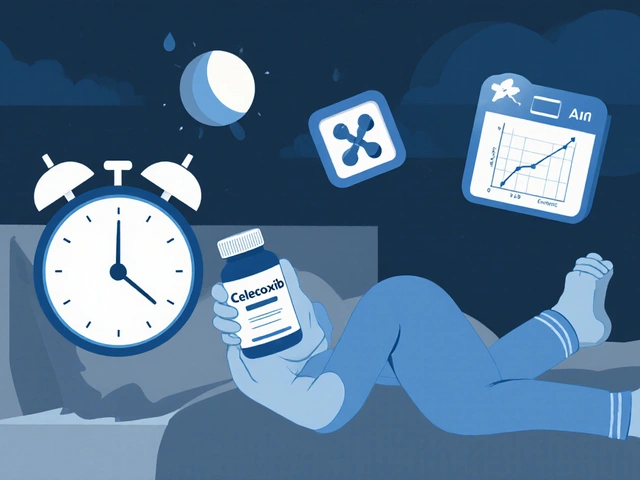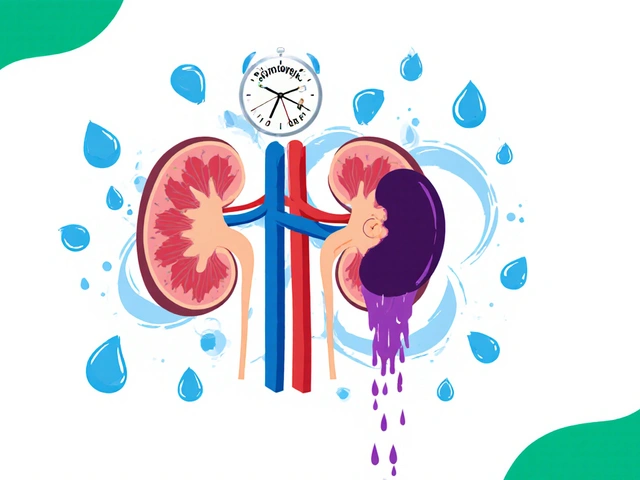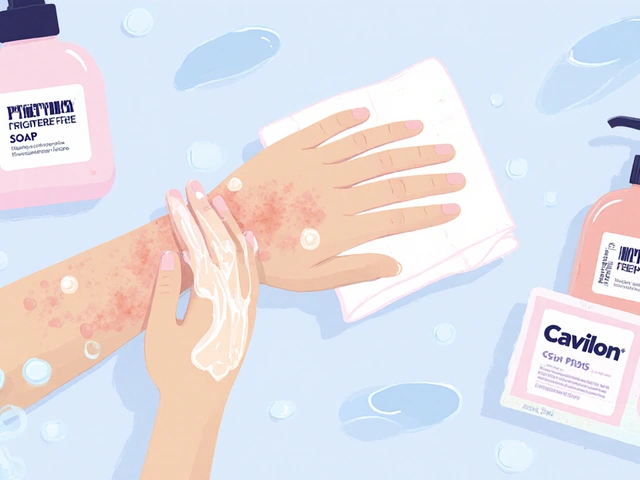Nocturnal Sweating: What It Is and Why It Happens
Ever wake up drenched and wonder why your sheets are soaked? That’s nocturnal sweating, also called night sweats. It’s when you break out in sweat while you’re asleep, often enough to soak clothing or bedding. While occasional sweating can be normal, regular episodes can signal something worth checking.
Common Triggers
Many things can turn on your night‑time sweat glands. Hormonal changes top the list – menopause, thyroid problems, or low testosterone can all cause extra heat. Infections like TB, HIV, or even a lingering cold can make you sweat while you rest. Some medications, especially antidepressants, steroids, and fever reducers, list night sweats as a side effect.
Stress and anxiety are sneaky culprits too. A racing mind can keep your body’s thermostat high, leading to a hot night. Simple things like a warm bedroom, heavy blankets, or night‑time alcohol can also push you over the comfort threshold. If you notice a pattern, try to match the timing with these everyday factors.
Practical Ways to Reduce Night Sweats
First, cool your sleep space. Aim for a room temperature around 65°F (18‑19°C) and use a fan or open a window if possible. Light bedding made of cotton or linen lets sweat evaporate faster than synthetic fabrics. Swap heavyweight pajamas for breathable, moisture‑wicking options.
Watch what you eat and drink before bed. Spicy foods, caffeine, and alcohol can raise body temperature or trigger blood‑vessel dilation, which means more sweat. Try a light snack of protein and try to finish fluids an hour before you hit the pillow.
Stress‑busting habits help, too. A short meditation, deep‑breathing exercise, or gentle stretching can calm the nervous system and lower the overnight heat response. If you’re on medication that lists night sweats, talk to your doctor about alternatives or dosage tweaks.
Keeping a symptom diary can reveal hidden patterns. Note the date, what you ate, stress levels, and any meds you started. Over a few weeks you’ll spot recurring triggers and can adjust habits accordingly.
When to see a doctor? If night sweats happen several times a week, are soaking your bed, or come with fever, weight loss, or unexplained pain, schedule a check‑up. Persistent sweating can indicate infections, cancers, or endocrine disorders that need medical attention.
During the visit, be ready to share your diary, current meds, and any recent health changes. Your doctor may order blood tests, chest X‑rays, or hormone panels to narrow down the cause. Early detection makes treatment easier and can stop the uncomfortable night sweats.
Bottom line: nocturnal sweating isn’t always a sign of something serious, but it can be a clue. By cooling your bedroom, choosing the right fabrics, watching diet, and managing stress, you can cut most episodes in half. Keep track, stay aware, and don’t hesitate to get professional help if the sweats keep you up night after night.
Nighttime sweating plagues many asthma patients, leaving them searching for relief. This article explores how allergens, GERD, and hidden infections silently make asthma symptoms and sweating worse. Dive into actionable info, surprising data, and genuine tips tailored for anyone seeking to sleep better with asthma. Get practical advice and learn why some triggers are sneakier than you think.



 Medications
Medications




